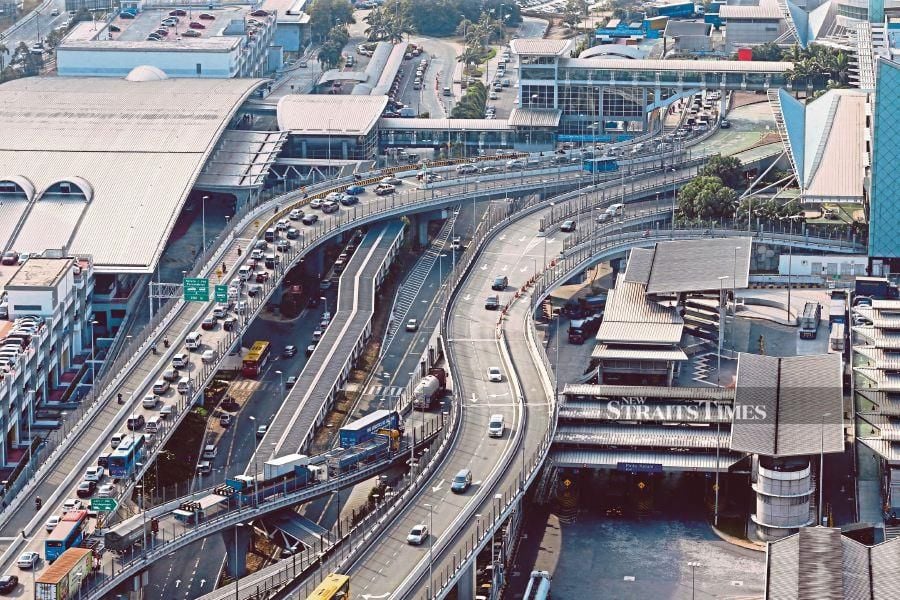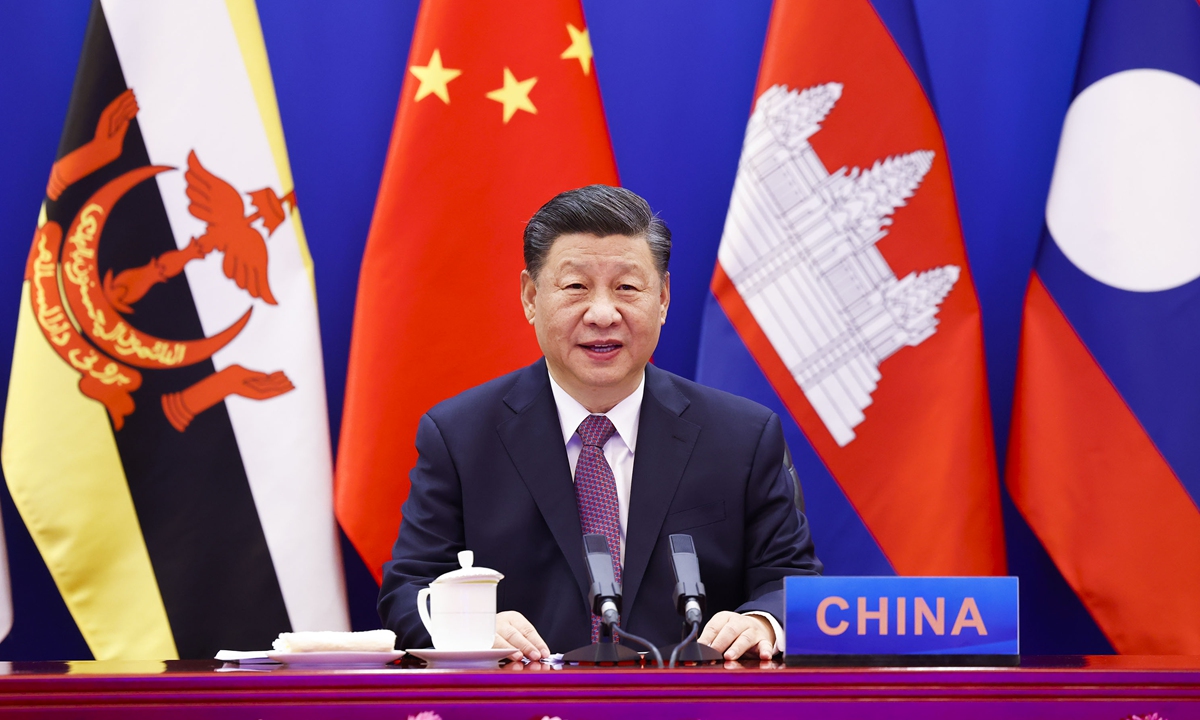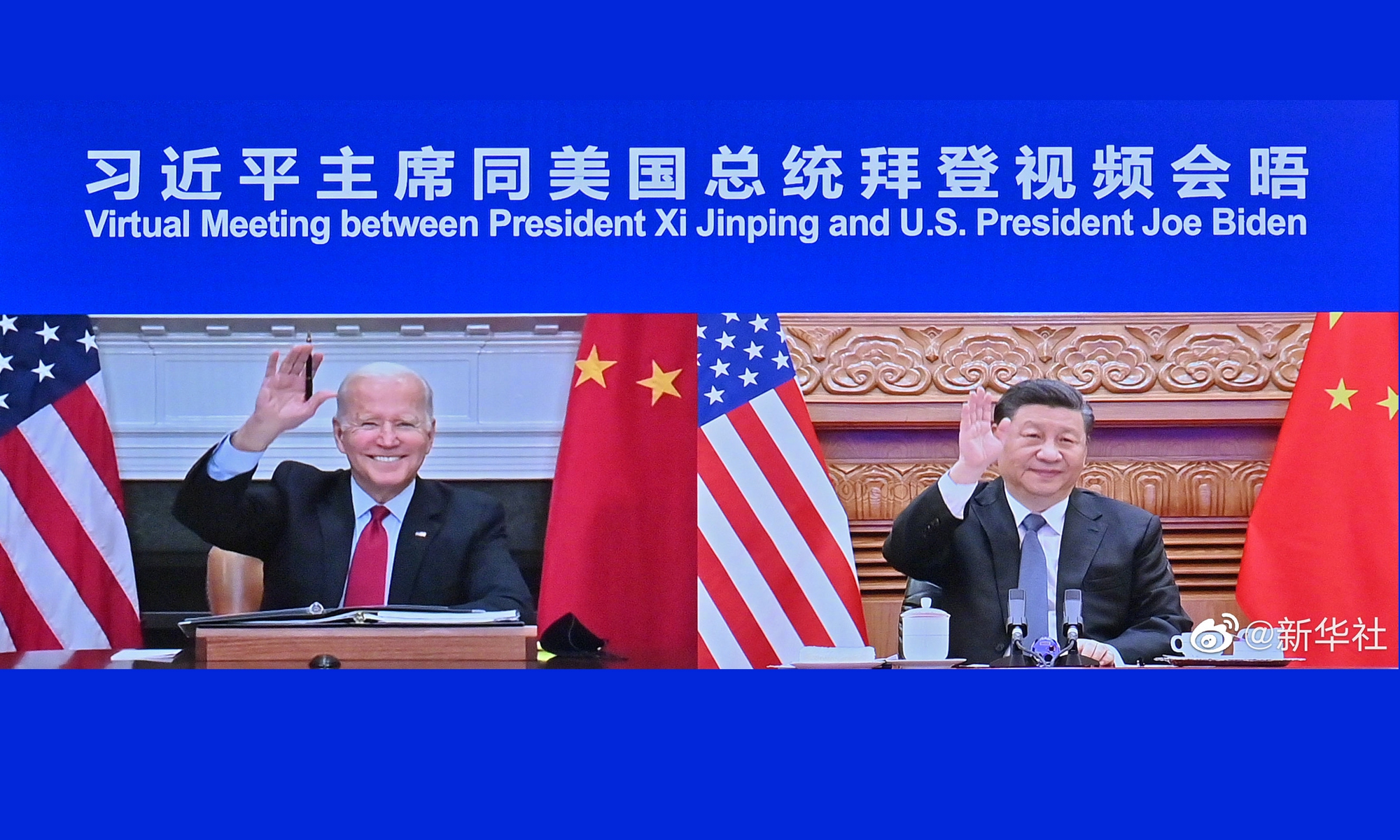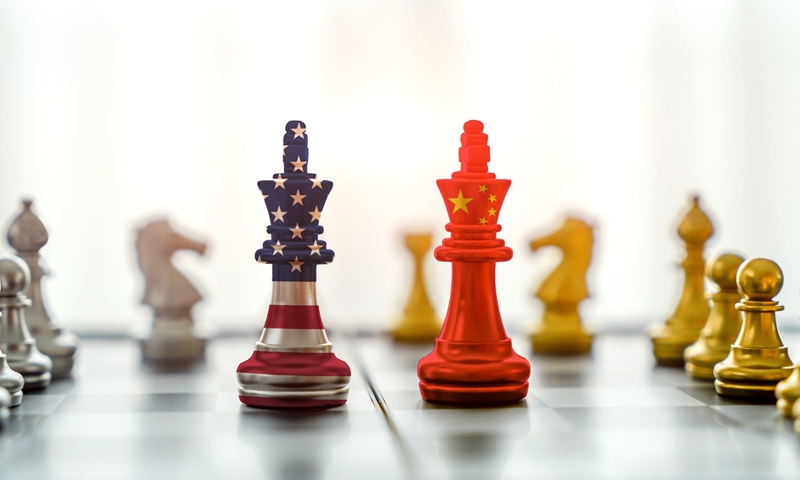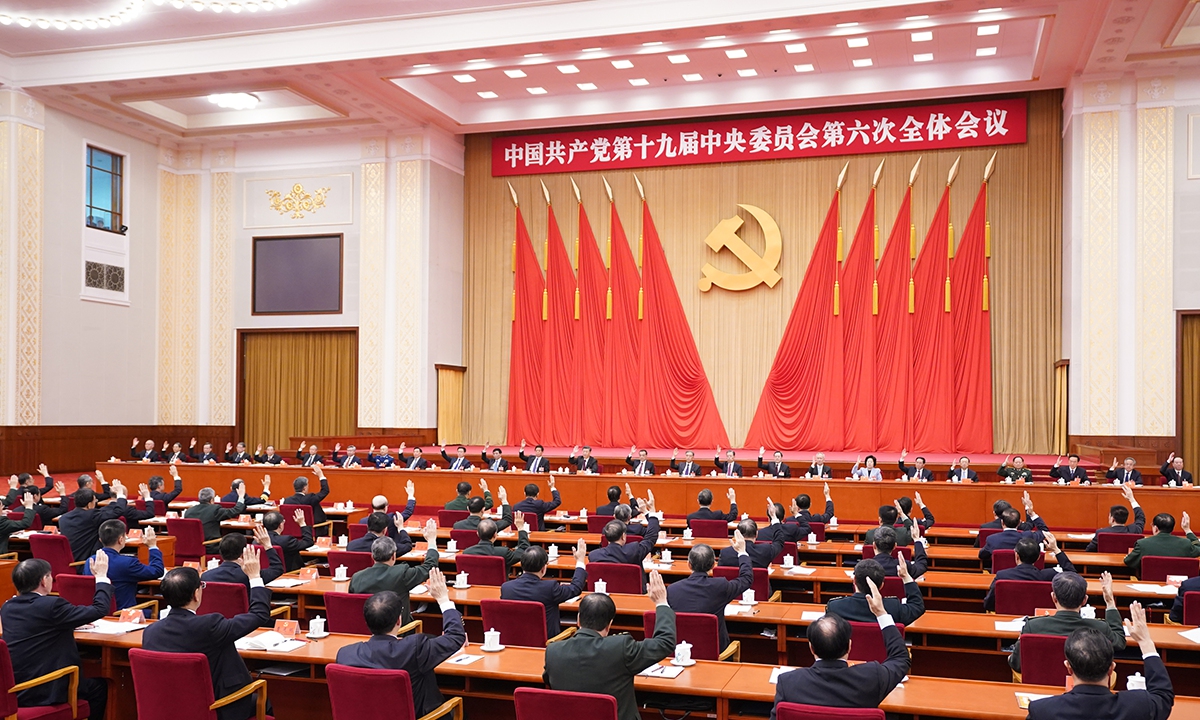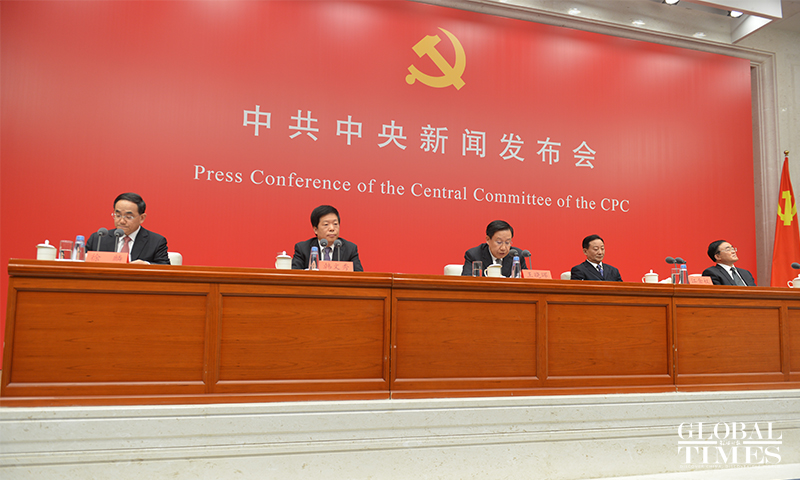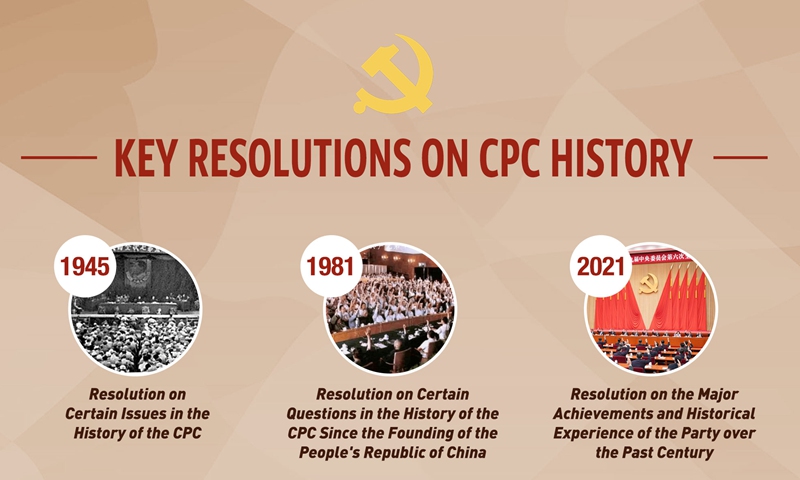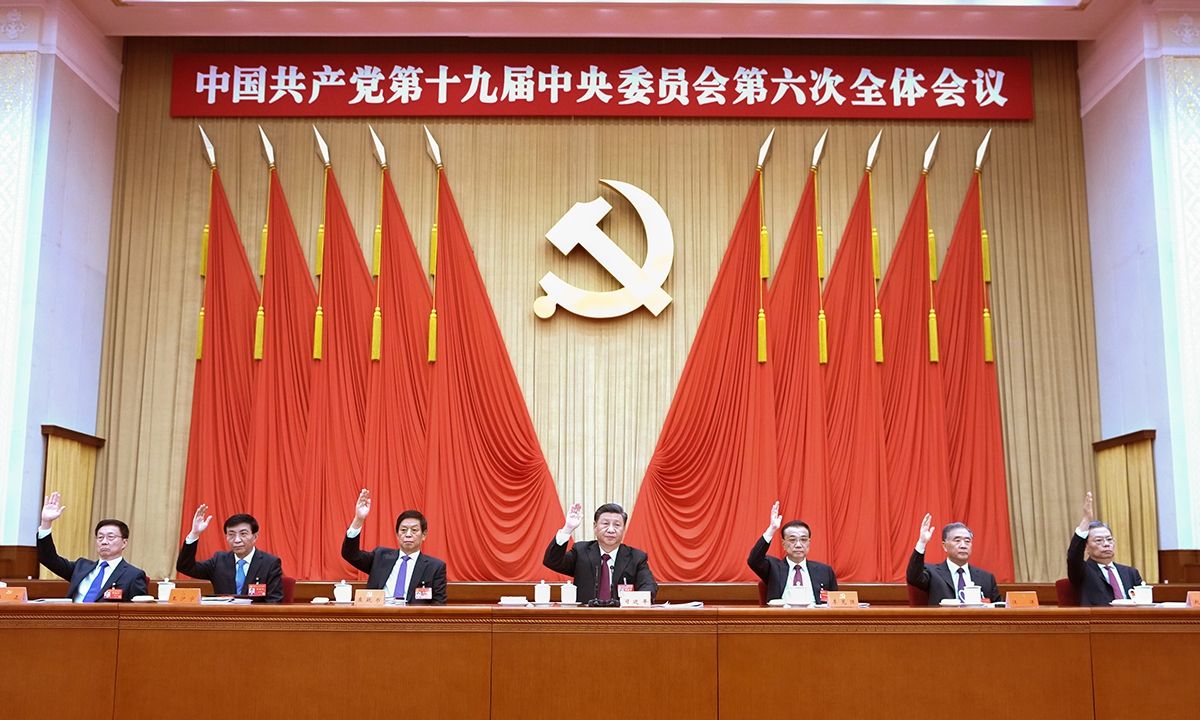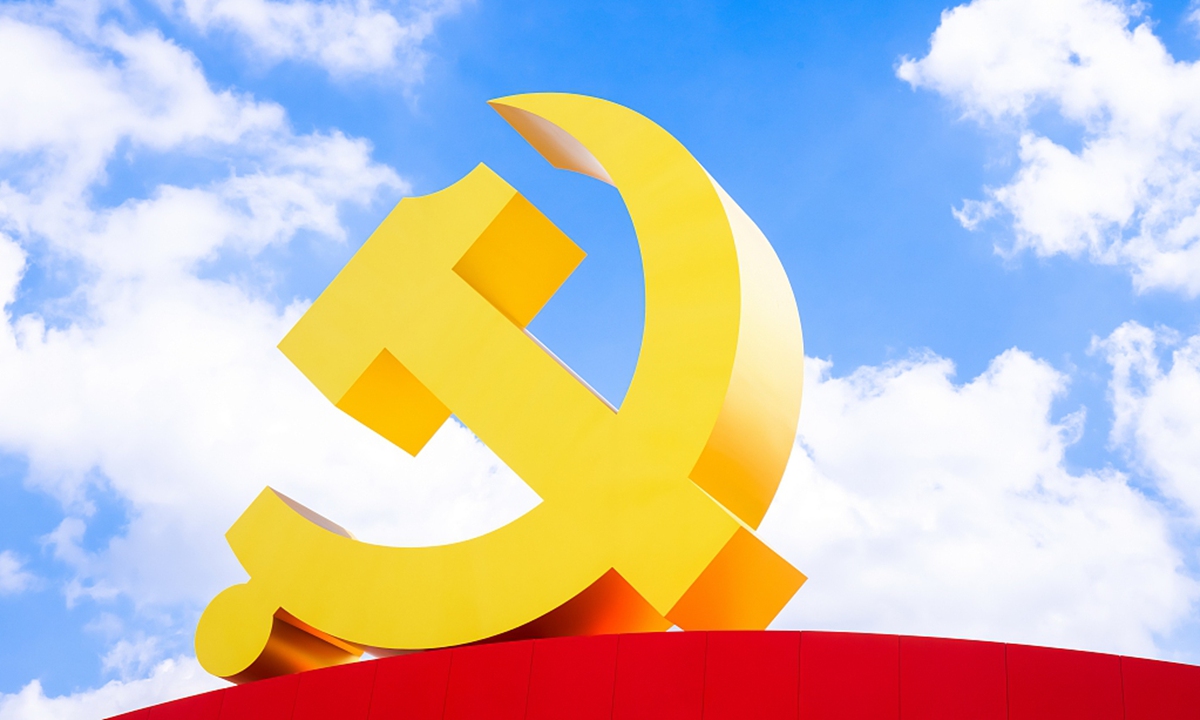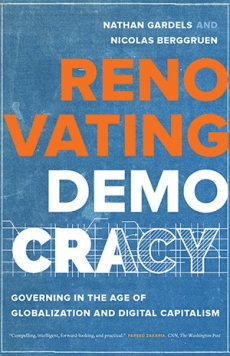 Illustration: Liu Rui/GT
Illustration: Liu Rui/GT
NGOs often conjure up the images of activists getting busy banning ivory trade, waving BLM banners or alerting people to climate change. Although it is not always certain what their ulterior motives are, they always seem to make things appear bright and beautiful.
This is why it puzzles me when it comes to the categorization of the National Endowment for Democracy (NED) of the United States, a self-claimed "NGO" whose establishment was approved by the US Congress. For one thing, by using state funding, the agency has been faithfully preaching hegemonic doctrines of the US government. For another, by guiding and financially supporting separatist rebels in countries deemed detrimental to American dominance, this pair of Uncle Sam's white gloves is instigating instability, terror and even wars worldwide.
How could such an agency be labeled an NGO? It would probably be too much to say that the NED stands for being Notorious, Egregious and Disrespectful. But the organization can be compared to the foolish emperor in Andersen's fairy tale "the Emperor's New Clothes". Everyone is crystal clear who is naked with nasty intent, yet the evil-doer continues to stand still, awkwardly pretending nothing ever happened.
NED has claimed that "from time to time, Congress has provided special appropriations to the Endowment to carry out specific democratic initiatives in countries of specific interests". The reason why it never bothers to hide its goals is that for US politicians, "democracy" has been such an overwhelmingly persuasive pretext to justify all their wrongdoings in a flagrant way, including meddling with other countries' internal affairs, triggering wars and conflicts. "A lot of what we do today was done covertly 25 years ago by the CIA," said Allen Weinstein, one of the founding members of NED, when introducing the tasks assigned to NED. Thanks to such honesty, if Daniel Craig must drop his 007 career after No Time to Die, Agent NED could be recommended to succeed him in a film called No Time to Lie.
For many, including many Chinese, NED is nothing but an obnoxious pest. According to Asahi Shimbun, as of 2016, NED had provided some $96.52 million to at least 103 anti-China entities, including the notorious separatist groups, such as World Uyghur Congress (WUC) and Tibetan Youth Congress (TYC). NED has provided the WUC and its affiliations with millions of dollars in funding, including $1,284,000 since 2016. This money goes to train activists and media influencers and lobby for support for Uygur separatists. In Hong Kong, NED has been in connection with several notable destabilizing forces and individuals. Reports have revealed that the NED offered over HKD13 million to the so-called Hong Kong Confederation of Trade Unions, led by Lee Cheuk-yan, to organize illegal separatist campaigns. In 2019, NED invited several notorious Hong Kong "independence" preachers for speeches, including Lee Chu-ming, who was dubbed by Ta Kung Pao as a "Hong Kong traitor" and won the NED annual prize in 2004; as did Lee Cheuk-yan and Nathan Law. The mobs keep begging for their sugar daddy "no money, no honey", so NED keeps feeding them greenbacks paid by American taxpayers in the name of "democracy". Such an "unofficial" NED price acts consistently with the official remarks out of State Department spokesperson Ned Price. Together, these twofold American prongs encourage mobs to act out for Uncle Sam's expectations.
NED's victim list worldwide also includes America's allies. According to the New York Times, NED provided French right-wing groups with $1.4 million to organize campaigns against former president François Mitterrand. In Eastern Europe, millions of dollars have been spent by NED in support of the shock therapy in the 1990s. In Caribbean countries, NED has actively engaged in the conspiracy of overthrowing elected governments, with Haiti and Nicaragua being the most prominent examples. In Arab countries, NED sponsored numerous riot organizations and remained a crucial "contributor" to the collapse of the Mubarak and Khadafi administrations and the subsequent chaos. In Cuba, Venezuela, Bolivia and Belarus, NED has been amplifying its voices by hiring Western media to relentlessly fire against the countries' leaders. It did so while interfering with their domestic election processes by politically and financially supporting the opposition forces.
In Thailand, the NED aimed at students and youngsters while launching its brainwash campaign through social media, just as it did in Hong Kong. In many ways, those methods were adopted together, enabling NED to meddle with the domestic issues of countries or administrations that it deemed "challenging" to American dominance under the cover of democracy promotion.
The US has always been strangely egoistic to seek a monopoly for the definition of "democracy". In this way, NED serves as a channel for it to achieve "democracy hegemony", claiming, "I'm the beacon of light, and those who don't listen to me are certainly autocratic". With that solid reason, NED could feel free to interfere with other countries' domestic issues, infiltrate into other countries for subversive purposes, and ultimately promote riots and rebels.
Under the disguise of democracy and for the purpose of conspiracy, NED is indeed an abbreviation for "National Endowment for Disgrace". NED as a tool of the US Empire has only disgraced what democracy is all about.
The author is a commentator on international affairs, writing regularly for Global Times, CGTN, Xinhua News Agency, etc.. He can be reached at xinping604@gmail.com.
Source link

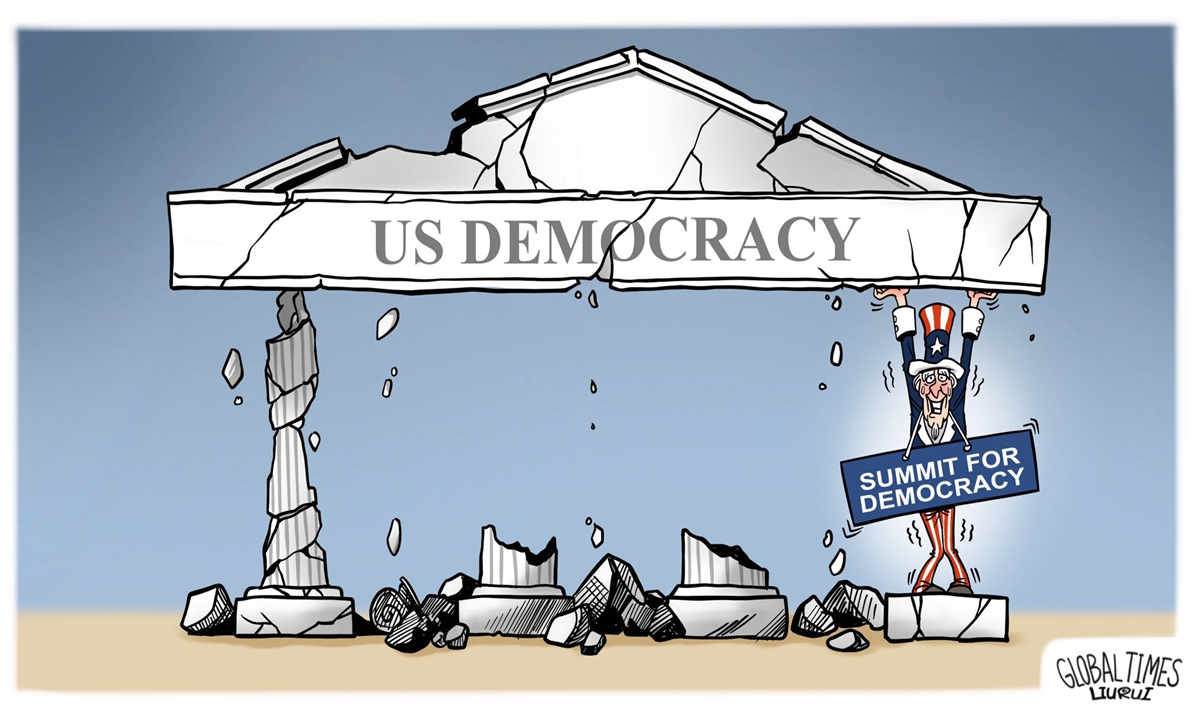
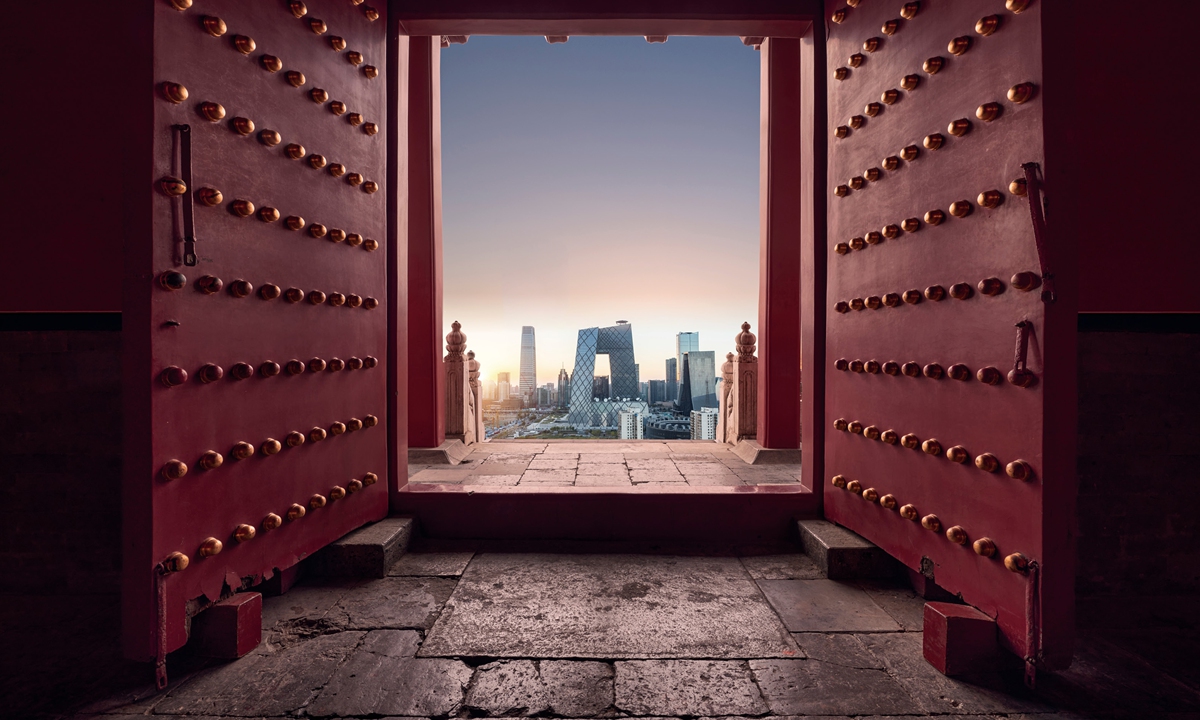



 Dealing with the past: Last year, vandals splashed red paint on the statue of Penang founder Captain Francis Light at Fort Cornwallis in
George Town. around the world, statues and monuments of long revered colonial figures were also spray-painted or beheaded.
— CHAN boon Kai/the Star
Dealing with the past: Last year, vandals splashed red paint on the statue of Penang founder Captain Francis Light at Fort Cornwallis in
George Town. around the world, statues and monuments of long revered colonial figures were also spray-painted or beheaded.
— CHAN boon Kai/the Star 


